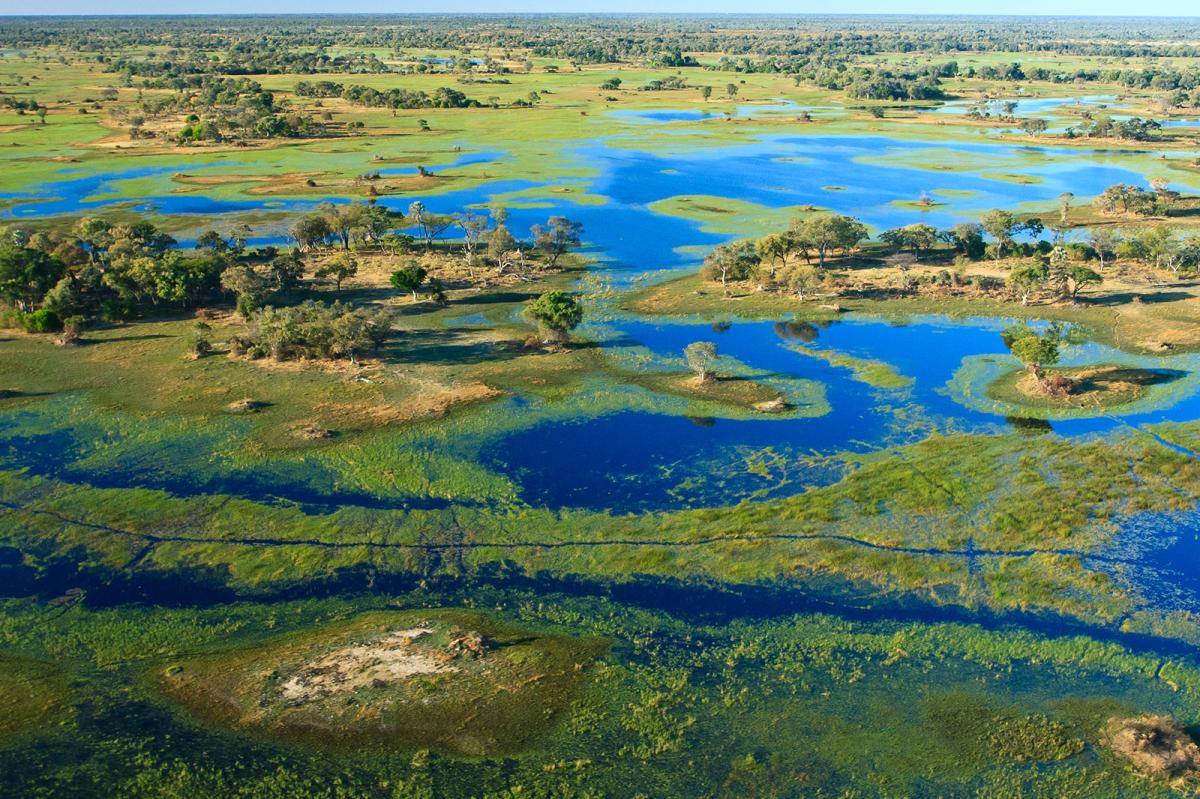This story was originally published by Yale Environment 360 and is reproduced here as part of the Climate Desk collaboration.
The first Andreas Mawano Limbundi and his family knew of oil exploration in their village in northeast Namibia was as they watched a drilling site being set up about 200 meters from their homestead late last year. Their village — 90 minutes along a potholed dirt road from the town of Rundu on the Namibia-Angola border — was peaceful, with the sounds of birdsong and the wind rustling the tree leaves. Since January 2021, however, that quiet has been shattered by 24-hour drilling. The family has no idea if they will have to leave their home and, if so, whether they will be compensated. They’re also angry that they were not consulted, and skeptical that they will benefit from permanent jobs despite having to live with the test well on their doorstep.
The rig belongs to ReconAfrica, an oil and gas company headquartered in Canada, currently drilling three test wells in the sedimentary Kavango Basin of Namibia. The company has a license for an area of 9,800 square miles, plus an adjacent area in neighboring Botswana — 13,250 square... Read more
